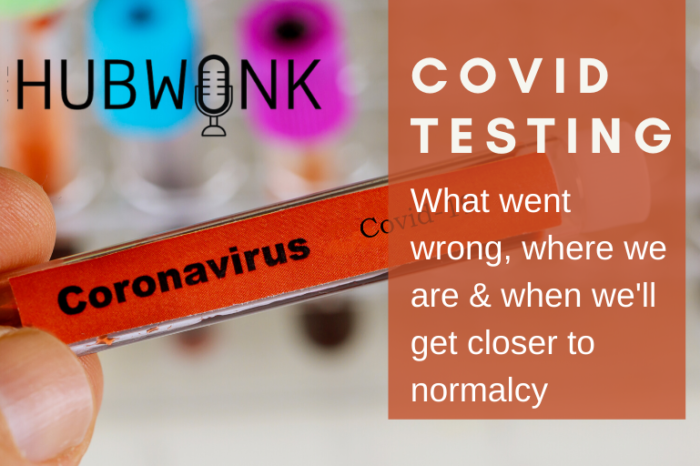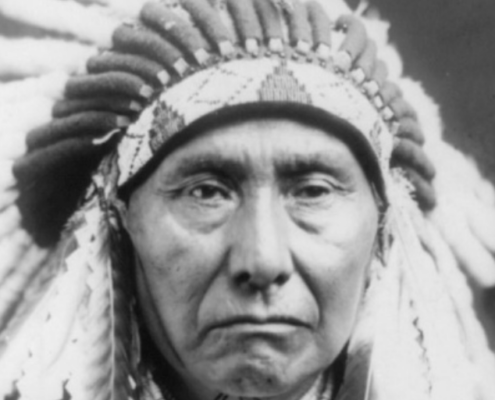Hubwonk Ep. 7: Covid Testing: What went wrong, where we are & when we’ll get closer to normalcy
Join host Joe Selvaggi and Pioneer’s Bill Smith in a conversation with Hannah Mamuszka, expert in diagnostic medicine, on why the U.S. lacked adequate early testing, what current testing looks like in the Commonwealth, and where testing technology needs to be to support public gatherings in the future.
Interview Guest:
 Hannah Mamuszka is Founder & CEO of ALVA10, a healthcare technology firm. Hannah has spent her 20+ year career in diagnostics – both in pharma and at diagnostics companies, in the lab and on the business side. She believes that the challenges of diagnostic technology fully impacting patient care are more commercial than technical, and conceived of ALVA10 to create a mechanism to pull technology into healthcare by aligning incentives through data. She regularly speaks on issues regarding advancement of technology in healthcare, is on the Board of Directors for two diagnostic companies and writes a column on the value of diagnostics for the Journal of Precision Medicine.
Hannah Mamuszka is Founder & CEO of ALVA10, a healthcare technology firm. Hannah has spent her 20+ year career in diagnostics – both in pharma and at diagnostics companies, in the lab and on the business side. She believes that the challenges of diagnostic technology fully impacting patient care are more commercial than technical, and conceived of ALVA10 to create a mechanism to pull technology into healthcare by aligning incentives through data. She regularly speaks on issues regarding advancement of technology in healthcare, is on the Board of Directors for two diagnostic companies and writes a column on the value of diagnostics for the Journal of Precision Medicine.
Get Our COVID-19 News, Tips & Resources!
Related Posts










